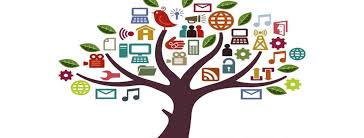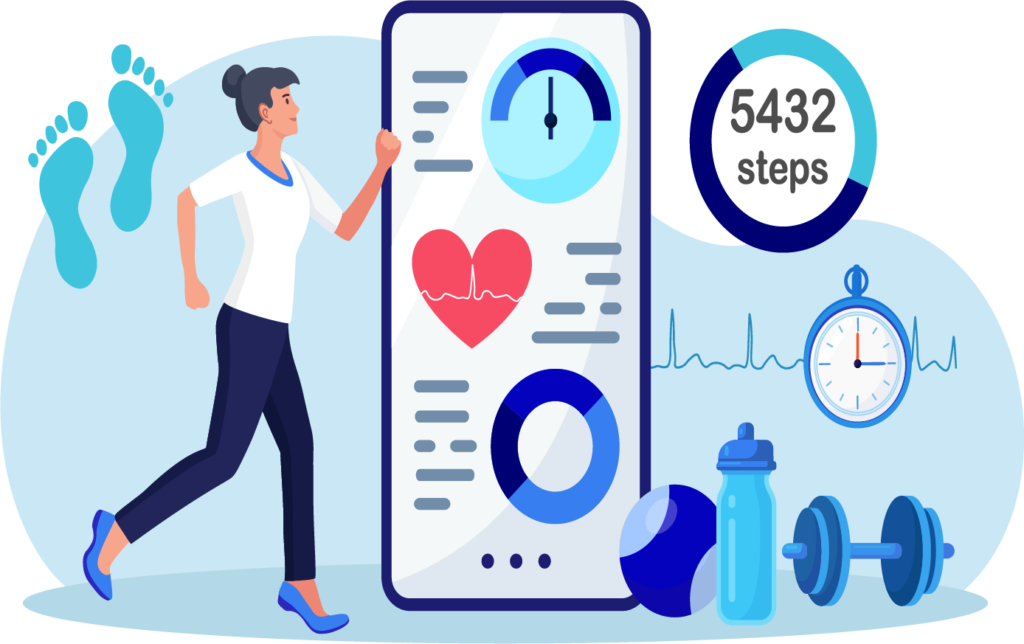Nuance Audio is a new option for people who resist traditional aids, from the company that makes Ray-Bans and operates LensCrafters.
Seekers of Meaning Podcast Posted Online March 7, 2025
What's Next Longevity Deal Talk Episode 32, January, 2025
Presentation: What's Next Longevity Venture Summit, June, 2025

 Don’t we already have technology to live our best life as we age?
Don’t we already have technology to live our best life as we age?  Losses to scams continue to grow. One wonders if there is an entire funding source somewhere that pumps money into new and scam incarnations – like the
Losses to scams continue to grow. One wonders if there is an entire funding source somewhere that pumps money into new and scam incarnations – like the  The 2024 media message touts aging in place. It’s what everyone wants to do, even those with homes that are difficult to navigate, long distances from family, and must have major modifications to enable remaining there. Yet you read this message nearly every week --
The 2024 media message touts aging in place. It’s what everyone wants to do, even those with homes that are difficult to navigate, long distances from family, and must have major modifications to enable remaining there. Yet you read this message nearly every week --  Older adults today are beneficiaries of widespread tech access. And it really does fulfill the 2011 prediction in the AARP report,
Older adults today are beneficiaries of widespread tech access. And it really does fulfill the 2011 prediction in the AARP report, 